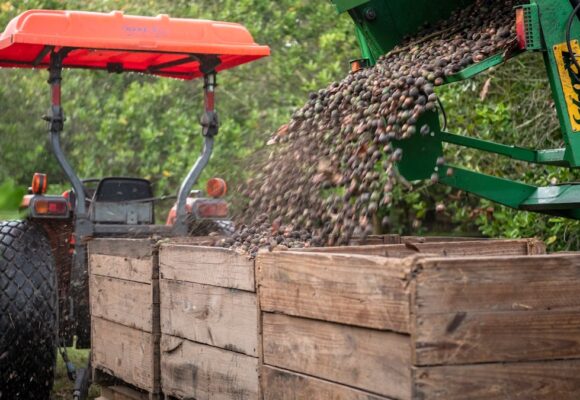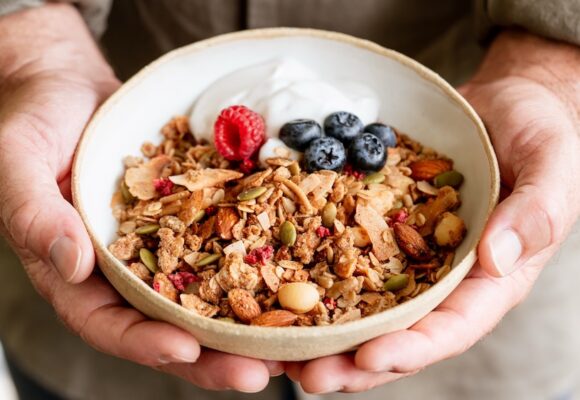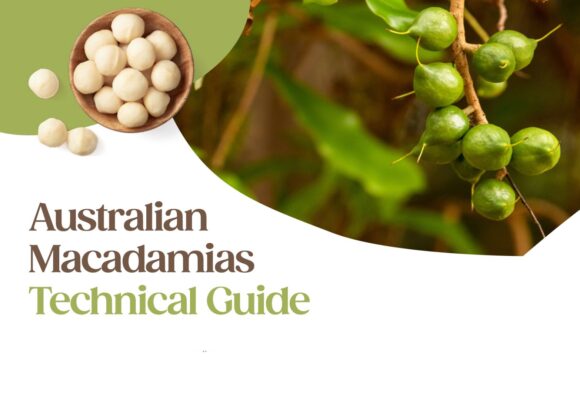The Australian Macadamia Society (AMS), the peak industry body for the Australian macadamia industry, has welcomed a new free trade agreement (FTA) with South Korea that will see the tariff on macadamia exports reduced from 30 per cent to just 18 per cent by 1 January 2015 and tariff-free by January 2018.
The new agreement comes into force today with an immediate 6 percent tariff reduction followed by a second reduction on 1 January 2015.
The exciting new development follows several years of hard work from the Australian macadamia industry which has set its sights on Korea as an important new market for this iconic Australian native plant food and has since invested over $A1.3 million to introduce macadamia nuts to Korean consumers.
“The Australian macadamia industry is the world market leader in the supply of kernel and the AMS has lobbied extensively to achieve this excellent result, which will see us strengthen our position in this major market.
“The reduced tariff means the price of Australian macadamias in Korea will drop allowing more Korean consumers to afford and enjoy this Australian delicacy,” AMS CEO Mr Jolyon Burnett said.
Macadamias are on their way to becoming a firm favourite in Korea, with total imports increasing by 215 per cent over the last five years and exports reaching 253 tonnes with a value of $3.8 million per annum.
With the new tariff in place, the AMS expects the Korean market to grow over the next decade with the potential to be reach a similar consumption per head to the Japanese market. This would result in a market of about 2,500 tonnes of kernel per annum with a value of about $41 million.
Today’s news caps off a big year for the Australian macadamia industry. FTAs were also announced with China and Japan (the two largest export countries), adding fuel to the already booming Asian demand for Australian macadamias.
“As well as consumers’ increasing awareness of the health benefits of nuts in relation to heart disease, diabetes and weight management, these growing Asian markets place a high priority on clean, green production and appreciate the premium product Australia can deliver,” says Mr. Burnett.
Australia is the birthplace of macadamias and this year marks the 40th anniversary of the delicious nut’s commercial production dating back to 1974. From humble beginnings, the industry now has over 650 growers who produce around 40,000 tonnes of nuts-in-shell each year, of which 70 per cent is exported to more than 40 countries around the world. Macadamias’ reputation and appeal have been built on their unique creamy, buttery flavour and texture, which is a source of great pride amongst those involved in the industry.
ENDS
Lynne Ziehlke
Market Development Manager
Australian Macadamia Society
lynne.ziehlke@macadamias.org
Phone: 02 6622 4933
About Australian Macadamia Society: The Australian Macadamia Society is a body of approximately 650 Australian members representing all facets of the macadamia industry in Australia. Whilst the majority of members are growers, membership also includes such diverse occupations as processors, administrators, business people, investors, marketers, consultants, researchers, engineers, teachers and other macadamia enthusiasts.
It is estimated that 80% of Australian growers are members of the Society and that they produce 96% of the Australian annual production, around 40,000 tonnes. The AMS was founded with the objectives of promoting and coordinating all aspects of the industry, to encourage free exchange of ideas and information and to foster goodwill among members.


